Product Name: Aluminum Forging
Product Type: Metal Forging
Material: Aluminum
Shape: Customized
Surface Treatment: Anodizing, Powder Coating, Spray Painting, Polishing
Production Process: Die Casting, Press Forging
Advantages:
1. High strength-to-weight ratio
2. Superior mechanical properties
3. Enhanced resistance to fatigue and wear
4. Tight dimensional tolerances
5. Cost-effective production
| Color | Silver |
|---|---|
| Material | Aluminum |
| MOQ | 1 Pcs |
| Sample | Available |
| Place of Origin | China |
Product Details
MINGYU Tech is a specialist in the development and production of quality aluminum forging for the renewable energy industry. As a leading supplier to the solar, wind and hydropower industries, we have the expertise and capabilities to provide high-quality precision forgings for renewable energy systems. Our teams of engineers work closely with customers to develop innovative solutions that meet the unique requirements of green energy projects. We are committed to providing sustainable and reliable products for a green future.
quality aluminum forging is a revolutionary manufacturing process that involves shaping and forming aluminum alloys into specific designs by subjecting them to extreme heat and pressure. This process creates high-quality, durable, and lightweight components that are in high demand across various industries.
One of the significant advantages of quality aluminum forging is its strength and durability. Forged aluminum products have a higher strength-to-weight ratio than those made using traditional casting methods. This makes them ideal for heavy-duty applications that require exceptional strength and reliability, such as aerospace, automotive, and construction. Furthermore, the forging process improves the structural integrity of the aluminum alloy, making it resistant to cracks, fractures, and other deformities. As a result, forged aluminum components are known for their exceptional wear and corrosion resistance, making them suitable for use in extreme environments.
Another advantage of quality aluminum forging is its versatility. The process allows for intricate and complex designs to be achieved without compromising the strength of the final product. This makes it a preferred choice for manufacturers looking for precision and consistency in their products.
| Place of Origin | China |
| Material | Metal Aluminium Steel Copper Brass |
| Process | Forging+machining+HT+finish Machining |
| Surface treatment | Polishing |
| Application | Machinery Parts |
| Product name | quality aluminum forging |
| Certificate | TS16949/ISO9001 |
| Color | Customized Color |
| Quality Control | 100% Inspection |
| Lead Time | 13-31 Days |
| MOQ | 1 Piece |
| Supply Ability | 196441 Piece/Pieces per Month |
| Quantity (pieces) | > 454 |
| Lead time (days) | To be negotiated |
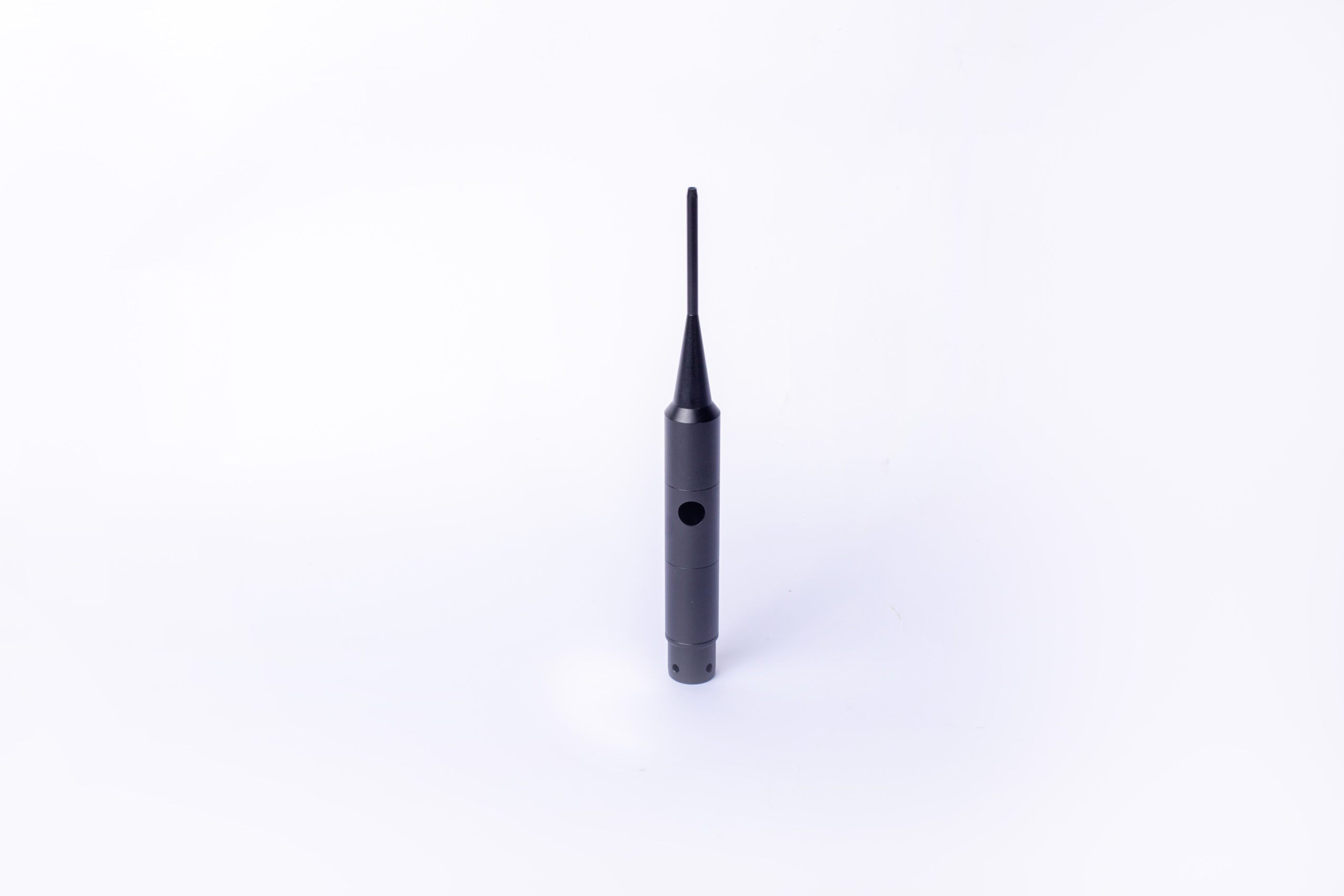
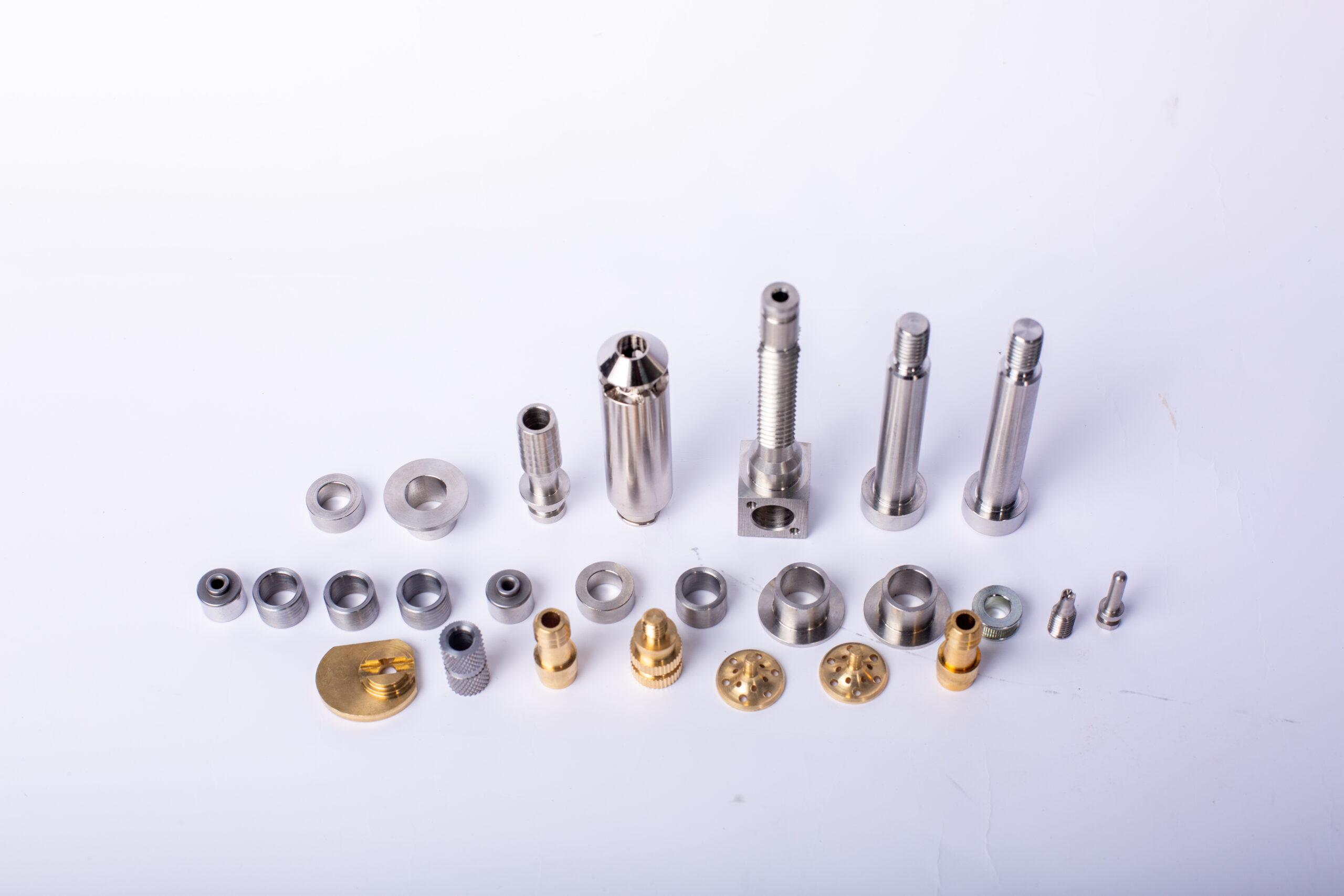
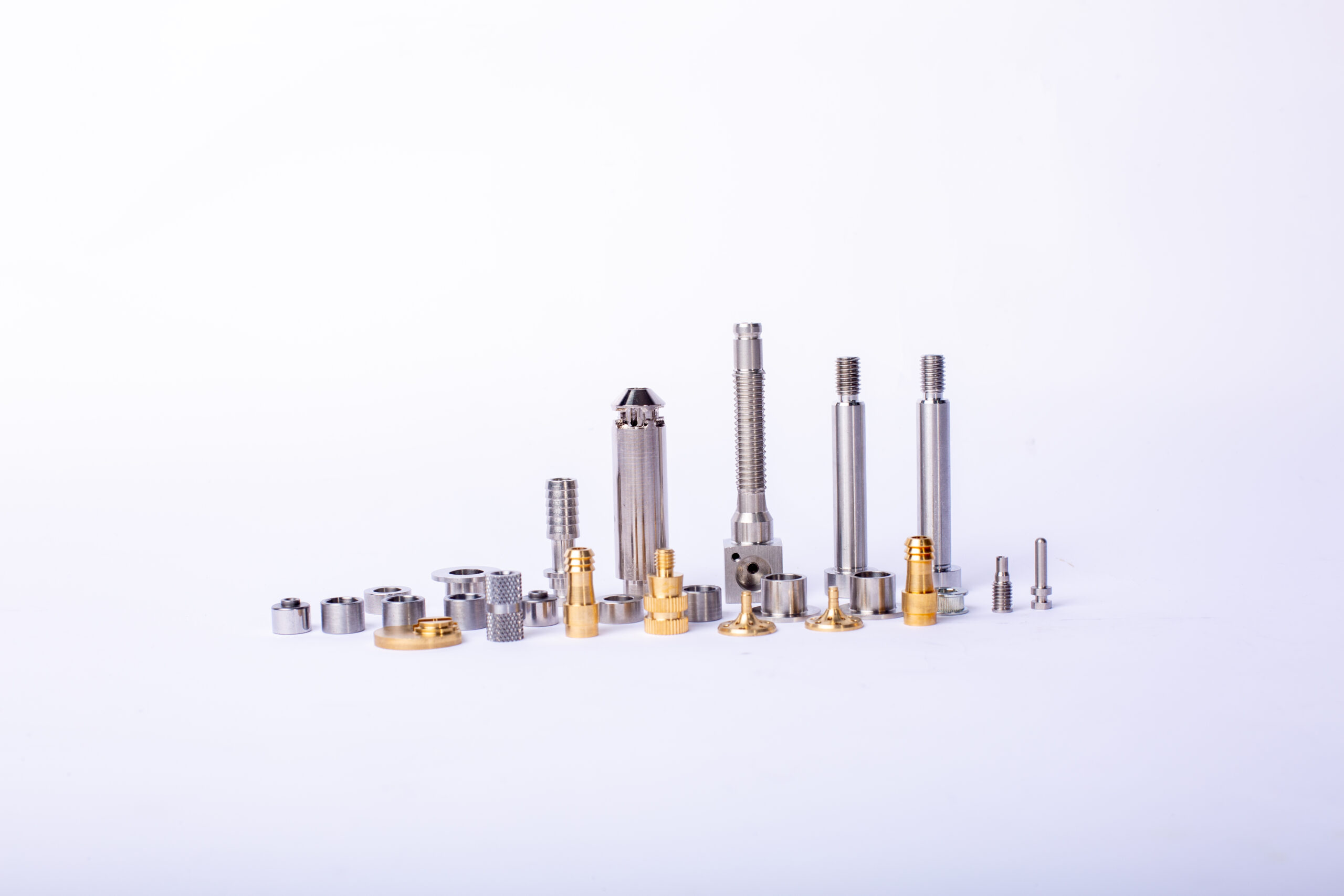
quality aluminum forging FAQs Guide.
Our company is dedicated to providing high-quality quality aluminum forging products to meet the needs of various industries. With advanced technology and skilled craftsmanship, we have become a leading manufacturer in the field of quality aluminum forging. Our products are widely used in aerospace, automotive, and construction industries, just to name a few. We take great pride in our products as they are not only durable and reliable, but also lightweight and eco-friendly. Through this introduction, we hope to showcase the versatility and excellence of our quality aluminum forging products. Thank you for choosing us as your trusted provider of top-notch quality aluminum forging products.
1.What are the different types of quality aluminum forging?
We have flexible production capacity. Whether you are large orders or small orders, you can produce and release goods in a timely manner to meet customer needs.
1. Closed Die Forging: This type of forging involves the use of two dies that are closed together to form a shape. The dies are usually made of steel and the aluminum is heated and then placed between the dies. The dies are then closed and the aluminum is forced into the desired shape.
2. Open Die Forging: This type of forging involves the use of a single die that is open at the top. The aluminum is heated and then placed in the die. The die is then closed and the aluminum is forced into the desired shape.
3. Roll Forging: This type of forging involves the use of two rolls that are used to shape the aluminum. The aluminum is heated and then placed between the rolls. The rolls are then rotated and the aluminum is forced into the desired shape.
4. Impact Forging: This type of forging involves the use of a hammer or other tool to shape the aluminum. The aluminum is heated and then placed on an anvil. The hammer or other tool is then used to shape the aluminum into the desired shape.
2.About quality aluminum forging payment method
Aluminum forging payment methods vary depending on the supplier. Common payment methods include cash, check, wire transfer, credit card, and PayPal. Some suppliers may also accept payment through financing options such as leasing or installment plans. It is important to discuss payment terms with the supplier prior to placing an order.
3.Are there any unique design considerations for quality aluminum forgings?
Yes, there are several unique design considerations for aluminum forgings. These include:
1. Designing for the grain structure of the aluminum: Aluminum forgings are produced by a process that creates a grain structure in the metal. This grain structure can affect the strength and ductility of the part, so it is important to consider when designing the part.
2. Designing for the forging process: The forging process can affect the shape and size of the part, so it is important to consider the process when designing the part.
3. Designing for the heat treatment process: Heat treatment is often used to improve the properties of aluminum forgings, so it is important to consider the heat treatment process when designing the part.
4. Designing for the machining process: Machining is often used to finish aluminum forgings, so it is important to consider the machining process when designing the part.
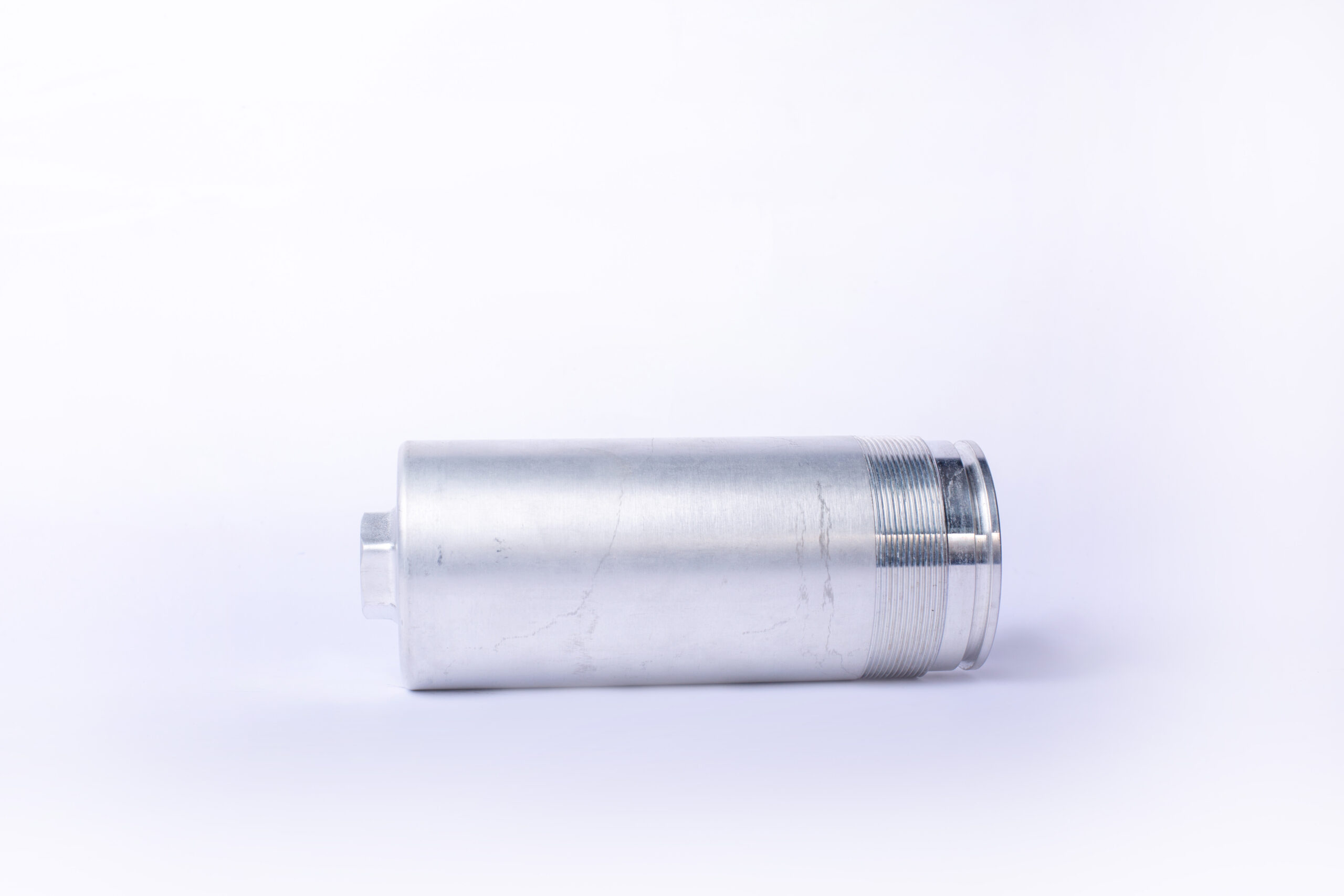
4.About the development history of quality aluminum forging factory
Aluminum forging is a process of forming and shaping metal by hammering, pressing, or rolling. It has been used since ancient times to create tools, weapons, and other objects. The earliest known use of aluminum forging dates back to the Bronze Age, when it was used to create weapons and tools. In the 19th century, aluminum forging became more widely used in the production of industrial components, such as engine parts and aircraft components. Today, aluminum forging is used in a variety of industries, including automotive, aerospace, and medical. Aluminum forging factories have been around since the early 1900s, when they were used to produce parts for the automotive industry. Over the years, these factories have evolved to become more efficient and technologically advanced, allowing them to produce parts with greater precision and accuracy.
5.How does heat treatment affect the strength and durability of quality aluminum forgings?
We maintain a certain amount of R&D investment every year and continuously improve operational efficiency to provide better services to our cooperative customers.
Heat treatment can significantly improve the strength and durability of aluminum forgings. Heat treatment can increase the strength of aluminum by increasing the hardness of the material, which can help to reduce wear and tear. Heat treatment can also improve the fatigue strength of aluminum, which can help to increase the life of the part. Heat treatment can also improve the corrosion resistance of aluminum, which can help to increase the durability of the part.
6.How does the cost of tooling for quality aluminum forging compare to other metal forging processes?
We operate our quality aluminum forging business with integrity and honesty.
The cost of tooling for aluminum forging is typically lower than other metal forging processes due to the lower melting point of aluminum. This allows for shorter cycle times and less wear on the tooling, resulting in lower costs. Additionally, aluminum is a softer metal than other metals, which makes it easier to shape and form. This also helps to reduce the cost of tooling.
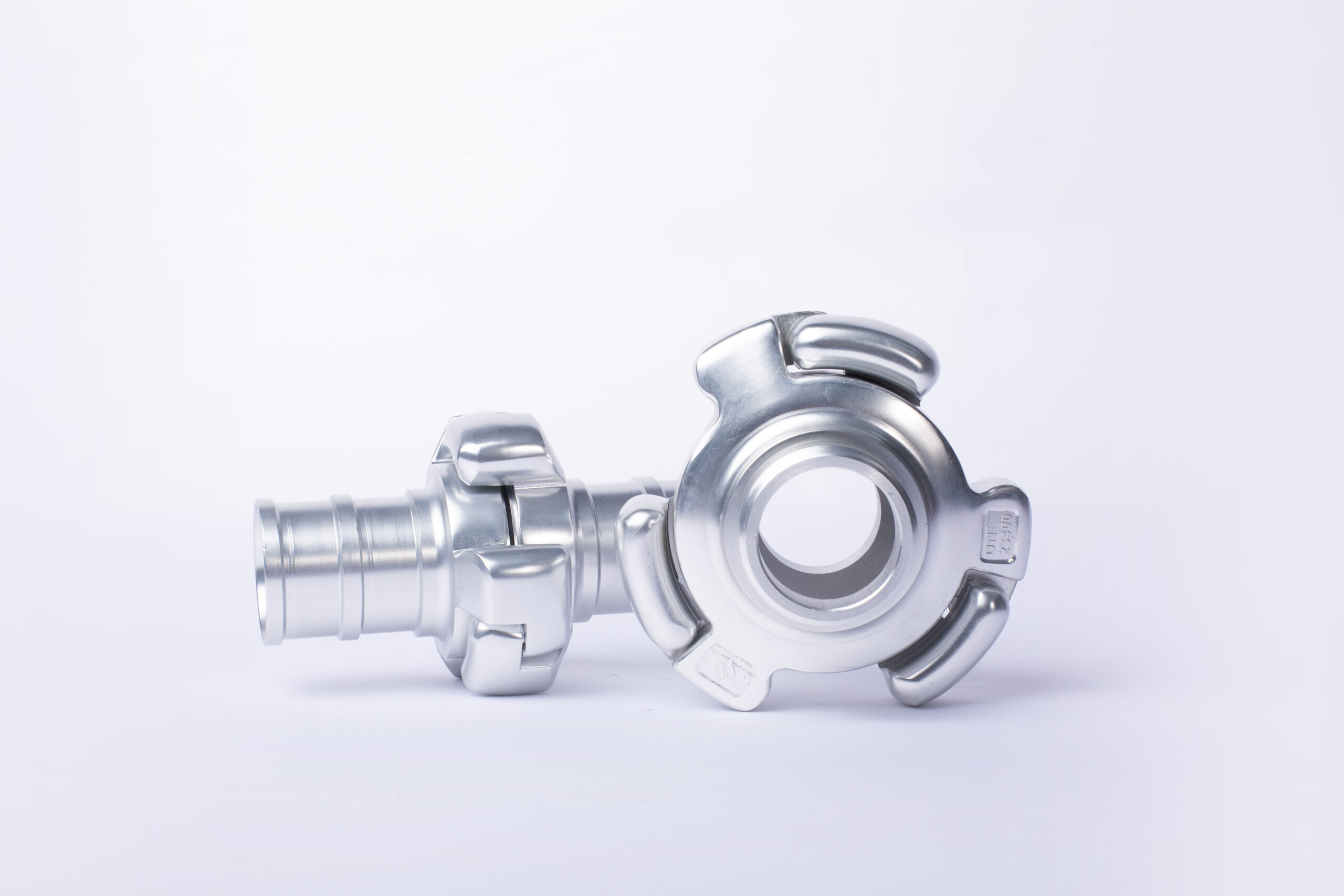
7.How do environmental factors, such as temperature and humidity, affect the quality aluminum forging process?
We focus on teamwork and communication to achieve common goals, We attach great importance to this detail.
Temperature and humidity can have a significant impact on the aluminum forging process. High temperatures can cause the aluminum to become too soft and malleable, making it difficult to form into the desired shape. Low temperatures can cause the aluminum to become too brittle and crack during the forging process. High humidity can cause the aluminum to become sticky and difficult to work with, while low humidity can cause the aluminum to become too dry and brittle. Additionally, high temperatures and humidity can cause the aluminum to corrode more quickly, leading to a shorter lifespan for the forged product.
8.What considerations should be taken into account when designing a product for quality aluminum forging?
As one of the top quality aluminum forging manufacturers in China, we take this very seriously.
1. Strength: Aluminum is a relatively soft metal, so it is important to consider the strength requirements of the product when designing for aluminum forging.
2. Heat Treatment: Aluminum is susceptible to heat treatment, so it is important to consider the desired properties of the product when designing for aluminum forging.
3. Grain Structure: Aluminum has a grain structure that can be affected by the forging process, so it is important to consider the desired grain structure of the product when designing for aluminum forging.
4. Tooling: Aluminum is a relatively soft metal, so it is important to consider the tooling requirements of the product when designing for aluminum forging.
5. Cost: Aluminum is a relatively inexpensive metal, so it is important to consider the cost of the product when designing for aluminum forging.
9.Are there any specialized equipment or machinery used in quality aluminum forging?
We have advantages in marketing and channel expansion. Suppliers have established good cooperative relations, continuously improved workflows, improved efficiency and productivity, and provided customers with high -quality products and services.
Yes, there are several specialized pieces of equipment and machinery used in aluminum forging. These include presses, hammers, dies, furnaces, and anvils. Additionally, some aluminum forging processes may require specialized tools such as mandrels, punches, and trimming tools.
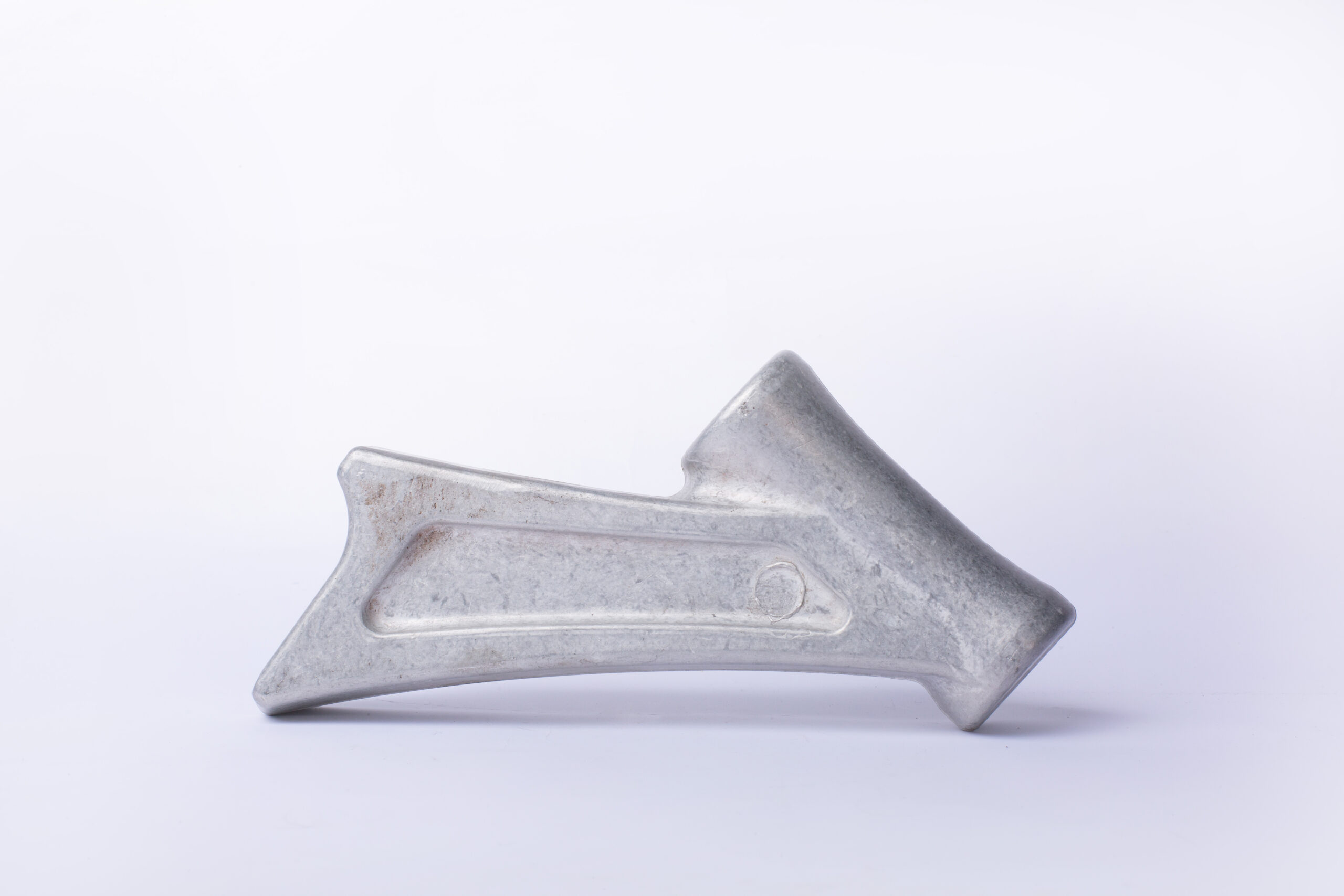
10.About the scale of quality aluminum forging factory
The size of an aluminum forging factory depends on the type of products it produces and the size of the orders it receives. Some aluminum forging factories may be small, producing only a few parts at a time, while others may be large, producing thousands of parts per day. The size of the factory also depends on the type of equipment used, the number of employees, and the amount of space available.
11.What is quality aluminum forging?
We focus on innovation and continuous improvement to maintain a competitive advantage.
Aluminum forging is a metalworking process in which heated aluminum is shaped into desired shapes and sizes by applying compressive forces. It is a process that is used to create complex shapes and parts from aluminum. The process involves heating the aluminum to a temperature that is just below its melting point and then using a hammer or press to shape it into the desired shape. Aluminum forging is used in a variety of industries, including aerospace, automotive, and medical.
12.Are there any unique thermal or electrical properties of quality aluminum forgings?
We maintain a stable growth through reasonable capital operations, focus on industry development trends and cutting -edge technologies, and focus on product quality and safety performance.
Yes, aluminum forgings have unique thermal and electrical properties. Aluminum is a good conductor of electricity and heat, and its thermal conductivity is higher than that of steel. Aluminum also has a high strength-to-weight ratio, making it an ideal material for forging. Additionally, aluminum forgings are corrosion-resistant and have excellent fatigue strength.
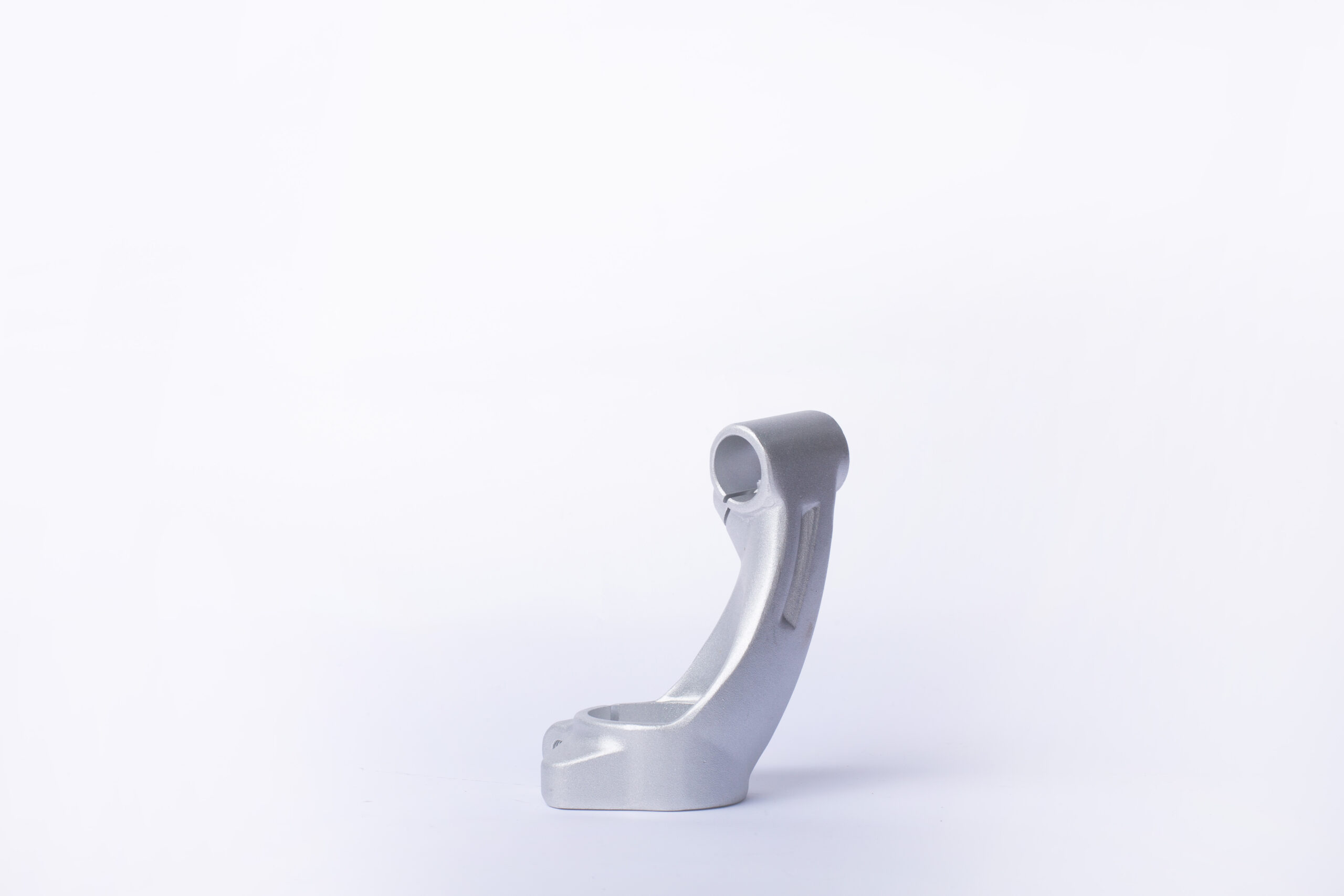
13.Can quality aluminum forgings be welded or brazed?
Being one of the top quality aluminum forging manufacturers in China, We attach great importance to this detail.
Yes, aluminum forgings can be welded or brazed. However, it is important to note that aluminum is a difficult material to weld and requires special techniques and equipment. Brazing is often the preferred method for joining aluminum forgings, as it is less likely to cause warping or cracking.
Tag:forged aluminum connecting rods,welding forged aluminum wheels,aluminum forging materials,hot forging aluminum,aluminum hot forging process
Product Inquiry
We will respond within 12 hours, please pay attention to the email “@163.com” or “@alumforge.com”.
Also, you can go to the Contact Page, which provides a more detailed form, if you have more inquiries for products or would like to obtain OEM service.
Our sales experts will respond within 24 hours, please pay attention to the email with the suffix “@163.com”.